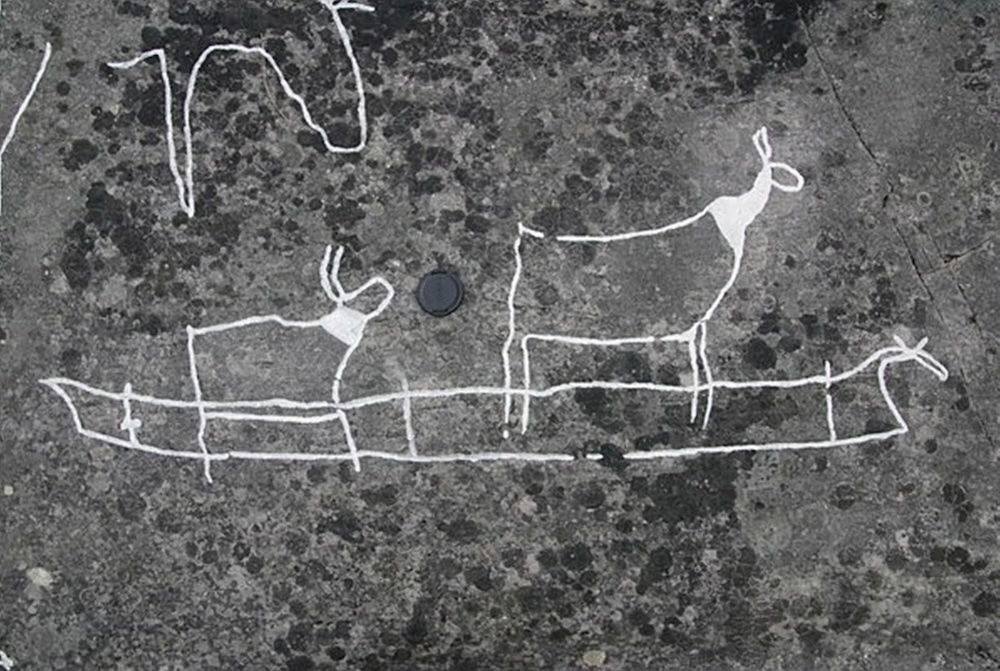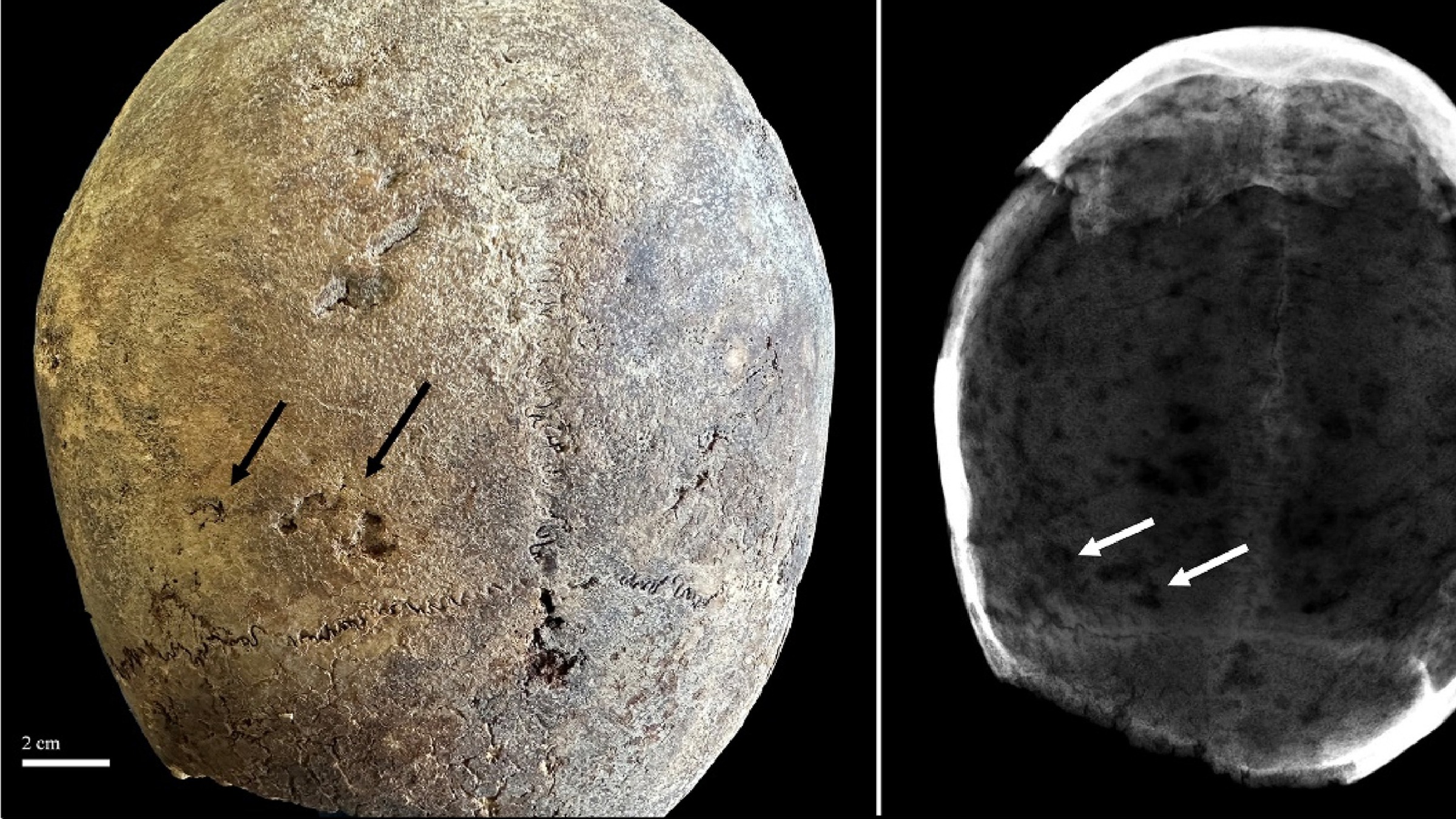Computers, Vol. 13, Pages 164: Integrity and Privacy Assurance Framework for Remote Healthcare Monitoring Based on IoT
Computers doi: 10.3390/computers13070164
Authors: Salah Hamza Alharbi Ali Musa Alzahrani Toqeer Ali Syed Saad Said Alqahtany
Remote healthcare monitoring (RHM) has become a pivotal component of modern healthcare, offering a crucial lifeline to numerous patients. Ensuring the integrity and privacy of the data generated and transmitted by IoT devices is of paramount importance. The integration of blockchain technology and smart contracts has emerged as a pioneering solution to fortify the security of internet of things (IoT) data transmissions within the realm of healthcare monitoring. In today’s healthcare landscape, the IoT plays a pivotal role in remotely monitoring and managing patients’ well-being. Furthermore, blockchain’s decentralized and immutable ledger ensures that all IoT data transactions are securely recorded, timestamped, and resistant to unauthorized modifications. This heightened level of data security is critical in healthcare, where the integrity and privacy of patient information are nonnegotiable. This research endeavors to harness the power of blockchain and smart contracts to establish a robust and tamper-proof framework for healthcare IoT data. Employing smart contracts, which are self-executing agreements programmed with predefined rules, enables us to automate and validate data transactions within the IoT ecosystem. These contracts execute automatically when specific conditions are met, eliminating the need for manual intervention and oversight. This automation not only streamlines the process of data processing but also enhances its accuracy and reliability by reducing the risk of human error. Additionally, smart contracts provide a transparent and tamper-proof mechanism for verifying the validity of transactions, thereby mitigating the risk of fraudulent activities. By leveraging smart contracts, organizations can ensure the integrity and efficiency of data transactions within the IoT ecosystem, leading to improved trust, transparency, and security. Our experiments demonstrate the application of a blockchain approach to secure transmissions in IoT for RHM, as will be illustrated in the paper. This showcases the practical applicability of blockchain technology in real-world scenarios.

 2 months ago
30
2 months ago
30


